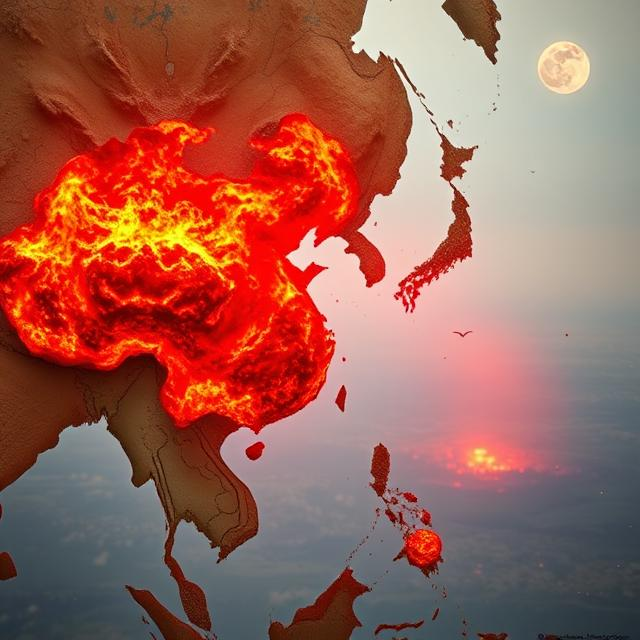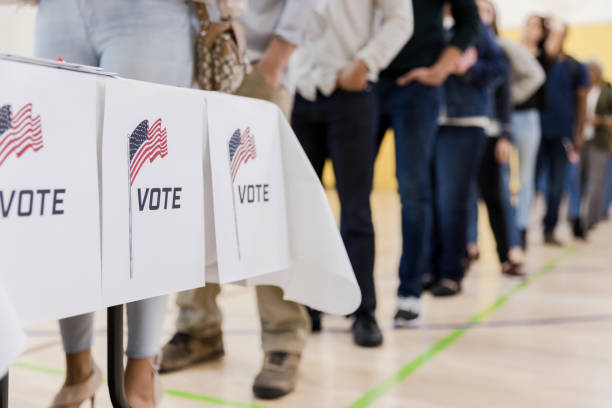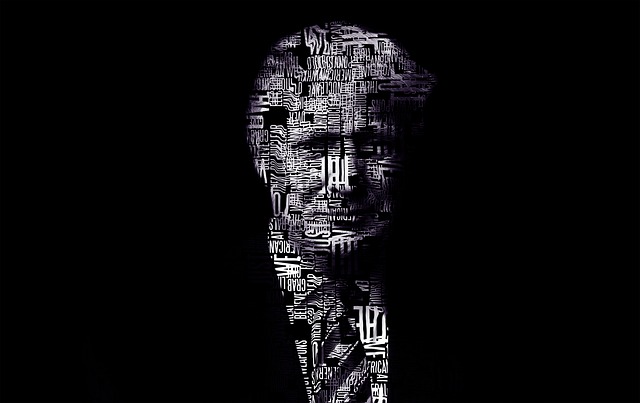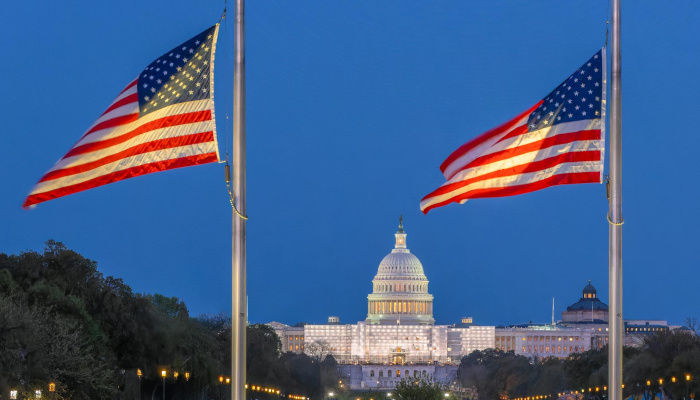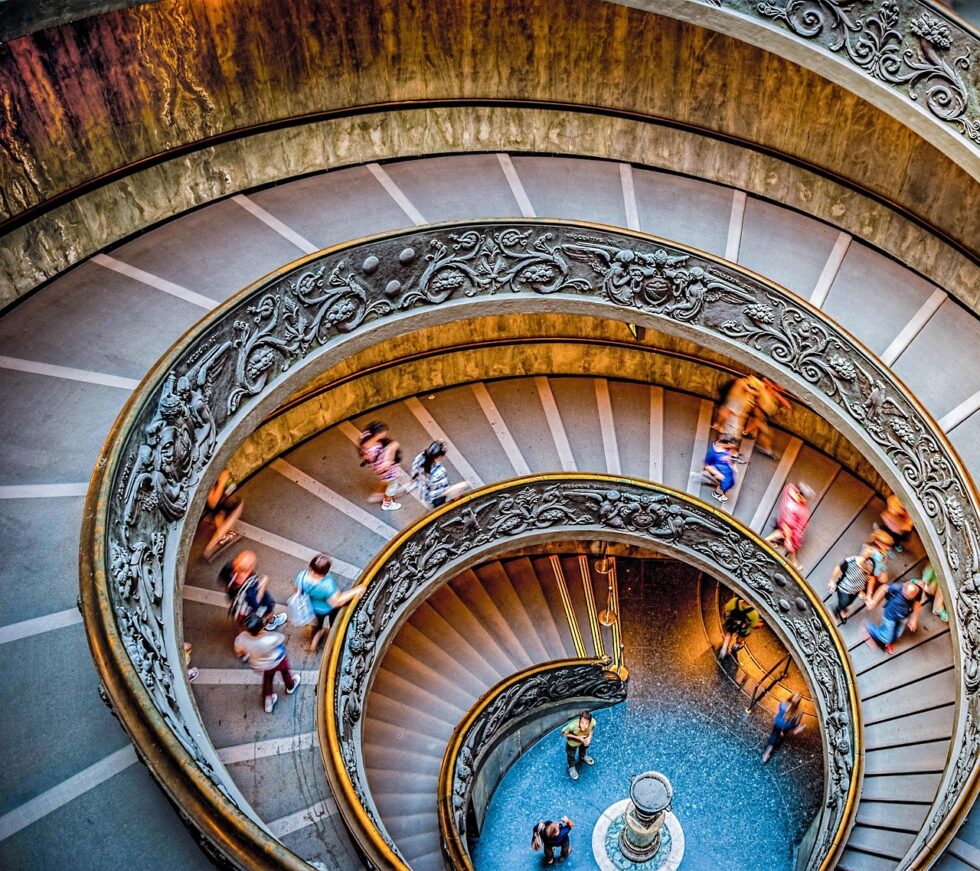
On the Eve of Meeting with U.S. Vice President Vance (Scheduled for Saturday), Cardinal Parolin, Vatican Secretary of State, Gives an Interview to Iacopo Scaramuzzi of the daily La Repubblica
The topics covered included the wars in Ukraine and Gaza, the role of the European Union, relations with China, and the reorganization of the world order necessitated by the direction taken by the second Trump administration. Parolin addressed these issues with wisdom, moderation, and a constant pursuit of just mediation.
Ukraine-Russia
For Parolin, diplomatic mediation must never seek its own interests nor lean in favor of one side but should instead play the key role of facilitating dialogue between warring parties: “Much depends,” said the Vatican Secretary of State, “on the willingness of both countries to engage in dialogue without preconditions. In any case, everything that promotes a just and lasting peace should be considered useful and carefully considered. This war cannot continue.”
Parolin then emphasized the Holy See’s diplomatic position on the matter: namely, its support for Ukraine’s sovereignty and territorial integrity. Only Ukraine, in diplomatic negotiations, has the right to “decide what it is willing to negotiate or potentially concede from this perspective.”
A just peace, negotiated with respect for the rights of those who have been invaded and suffered violence, can only be achieved within the framework of full respect for international law. This law cannot be used merely rhetorically but must function according to its own criteria, which oppose the violence of war: “It remains profoundly true that the principle of ‘might makes right’ must be replaced by the ‘force of law.’ We are deeply concerned about the risk of escalation in this conflict.”
Between Chaos and World Order
Parolin highlighted the rupture with the established norms since the end of World War II, brought about by the geopolitical choices of the Trump administration.
“The approach of the current U.S. administration is very different from what we are accustomed to and, especially in the West, from what we have relied upon for years.”
The Holy See’s concern does not seem primarily directed at the end of a long-standing world order, but rather at the fact that such sweeping changes are being implemented too rapidly, without full consideration of their consequences.
Change may be felt necessary by the United States, but “acting too quickly is not always in the best interest of those whom the reform should ultimately benefit.”
For Parolin, withdrawing from the globalization of relations, trade, and diplomatic exchanges under international law is something that happens within the very structure of a globalized world—one cannot imagine escaping or immunizing oneself from its dynamics and reactions.
Indeed, “for better or worse, our world has been globalized, and global problems require global solutions, with the participation of all states. The Holy See consistently supports a multilateral approach and believes that international law and the consensus of states should always be favored.”
The European Union
Precisely in relation to multilateralism, peaceful and diplomatic coordination among states, and the recognition of the primacy of the rule of law, Parolin clearly identifies the European Union as a potential ally in the efforts the Holy See has long pursued in this direction.
This is a task the EU should feel called to by virtue of its own history: reinventing itself by remaining faithful to the ideals of its origins. “In this growing climate of uncertainty,” Parolin stressed, “the European Union can play an important role in reaffirming the value of multilateralism and policies based on collaboration among states, international law, and diplomacy—rather than confrontation and hegemonic logic.”
The end of that reliable international framework, which allowed Western Europe to pursue its project of peaceful internal relations—even building a unique supranational institutional structure in modern history—certainly calls for a rebalancing of EU policies. But in doing so, extreme care must be taken regarding the name under which this new era of the European community of states is framed.
“The term ‘rearmament,’ used to justify Europe’s need to invest in its own defense—especially in light of U.S. disengagement—seems unfortunate,” Parolin said, “because it is always a precursor to isolation and new conflicts. It would be worrying if Europe were to revive the very dialectics that the project of European unification sought to overcome.”
Gaza
The Secretary of State’s words on Gaza were clear, in line with the Gospel: the mutual brutality of Hamas and Israel is unacceptable—both what is happening in the Strip and what Hamas has done.
Parolin urged not to forget that, beyond the epicenter of Gaza, the conflict also extends “to the West Bank, where territorial expansions by settlers at the expense of Palestinian civilians are accompanied by violence and abuse: Can this be called self-defense?”
In assessing Israel’s response, with military operations still ongoing, Parolin referred to Pope Francis’s position—where “the examination of facts and norms by the relevant institutions” is decisive in forming a judgment.
“For the Holy See, the principles of the Church’s Social Doctrine remain clear: self-defense is legitimate, but it cannot imply the total or partial annihilation of another people or the denial of their right to live in their own land.”
China-Holy See Relations
At the end of the interview, Parolin touched on relations between the Holy See and China—a relationship that needs time to mature and deepen mutual understanding, including in terms of procedural structures between the two partners.
From the Vatican’s side, a liaison office—which remains “in the realm of the desirable” for now—would represent “a useful tool for dialogue, both with China and with the Church that lives and works there.”
The path of Holy See-China relations, though arduous, slow, and requiring patience and the ability to read the other’s signals, becomes emblematic of Parolin’s idea and practice of diplomacy as a whole.
Indeed, “the Holy See remains convinced that dialogue is the only way to prevent an escalation of confrontation between countries and their respective interests. If mutual opposition were to be perceived as the only mode of interaction, we would reach a point of no return. I believe the greatest contribution the Holy See can make to the current international landscape is precisely that of dialogue.”
A contribution more crucial than ever today, because the Vatican is currently the only diplomatic entity on a global scale speaking to all parties in conflict. A lifeline that U.S. Vice President Vance should have the intelligence—and humility—to recognize as beneficial even for Trump’s United States.
Holy See’s Statement: This morning, Saturday 19 April 2025, the Honorable James David Vance, Vice President of the United States of America, was received at the Secretariat of State by His Eminence Cardinal Secretary of State Pietro Parolin, accompanied by His Excellency Archbishop Paul Richard Gallagher, Secretary for Relations with States and International Organizations.
During the cordial talks, satisfaction was expressed for the good existing bilateral relations between the Holy See and the United States of America, and the common commitment to protect the right to freedom of religion and conscience was reiterated. There was an exchange of opinions on the international situation, especially regarding countries affected by war, political tensions and difficult humanitarian situations, with particular attention to migrants, refugees, and prisoners. Other issues of mutual interest were also discussed.
Finally, hope was expressed for serene collaboration between the State and the Catholic Church in the United States, whose valuable service to the most vulnerable people was acknowledged.





